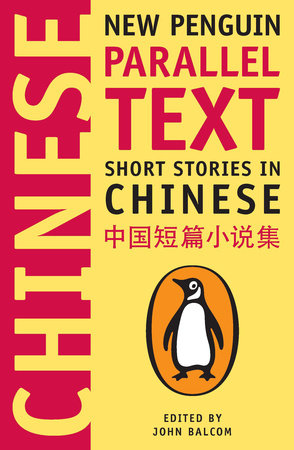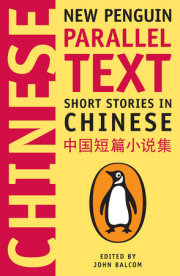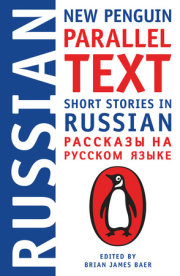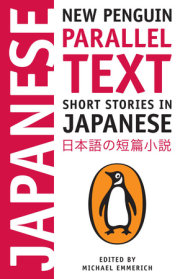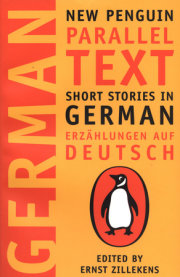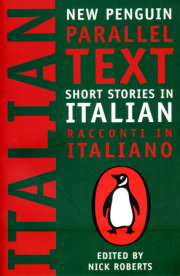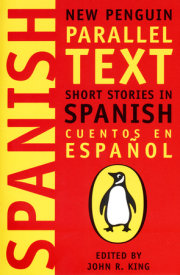Table of Contents
Introduction
“O, Xiangxue” —Tie Ning (b. 1957), translated by John Balcom
“The Ancestor” —Bi Feiyu (b. 1964), translated by John Balcom
“Dog” —Cao Naiqian (b. 1949), translated by John Balcom
“Plow Ox” —Li Rui (b. 1950), translated by John Balcom
“The Mistake” —Ma Yuan (b. 1953), translated by John Balcom
“Lanterns for the Dead” —Jiang Yun (b. 1954), translated by John Balcom
“Greasy Moon” —Jia Pingwa (b. 1953), translated by John Balcom
“Receiving the Precepts” —Wang Zengqi (1970–1997), translated by John Balcom
Notes on Chinese Texts
Copyright © 2013 by Edited by John Balcom. All rights reserved. No part of this excerpt may be reproduced or reprinted without permission in writing from the publisher.

